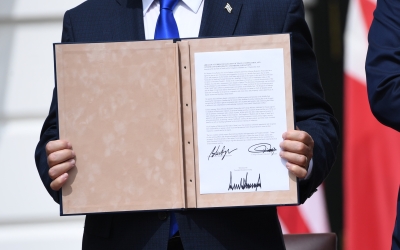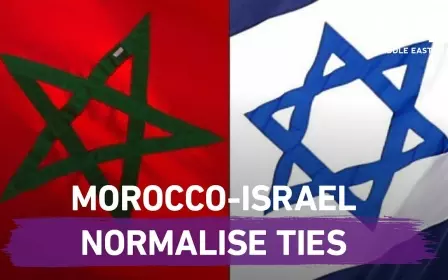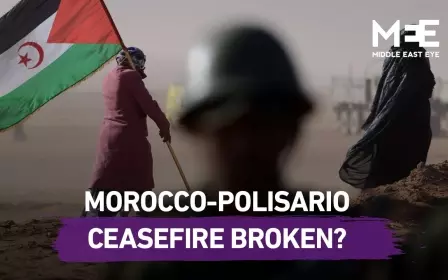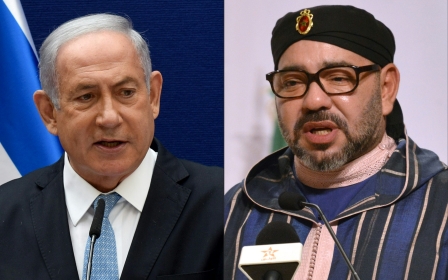Israel normalisation: Iranian official condemns Morocco's 'betrayal of Islam'
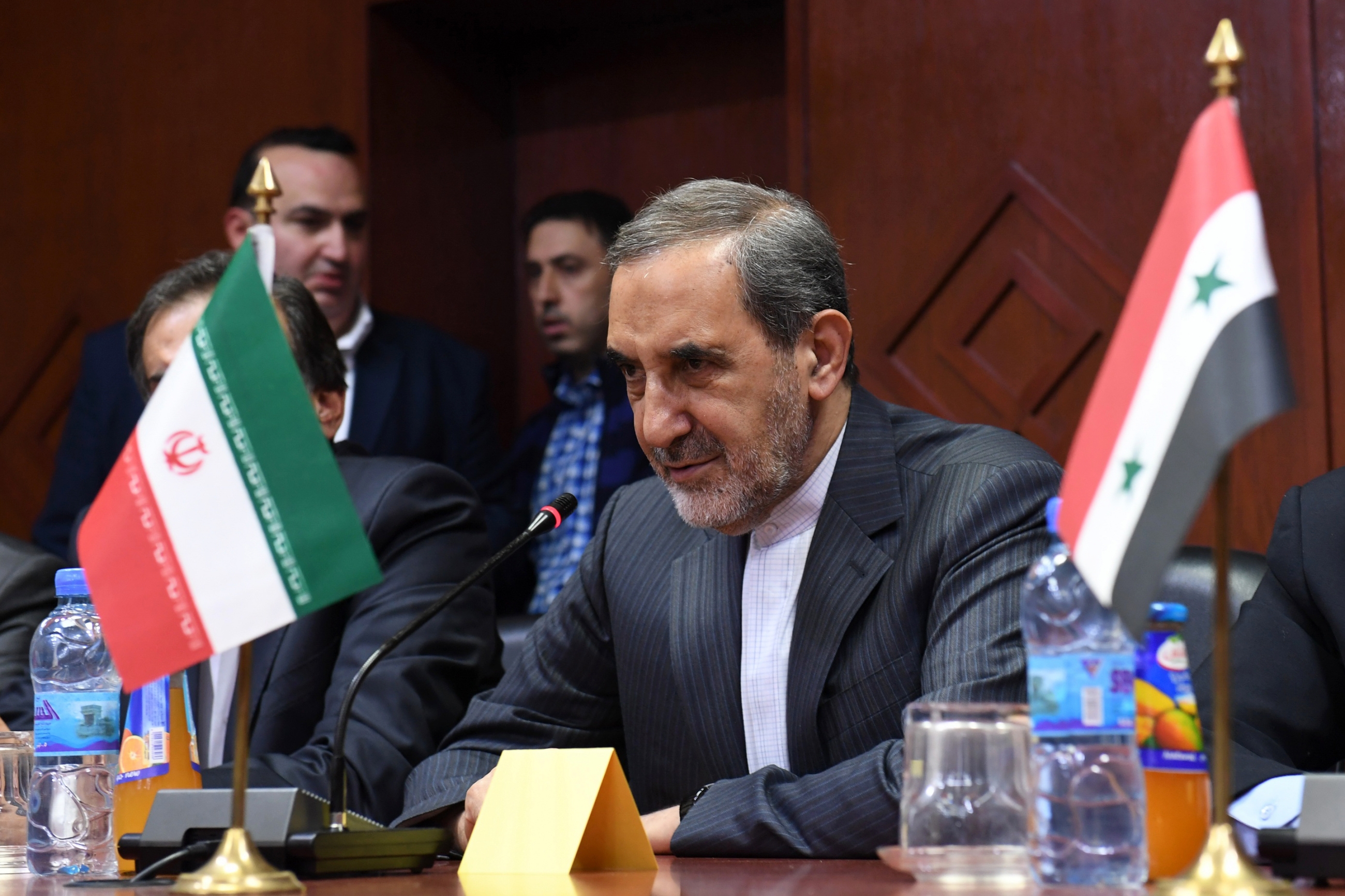
A senior Iranian official has condemned Morocco's normalisation of ties with Israel as a "betrayal of Islam".
Ali Akbar Velayati, an adviser to Iran's supreme leader Ayatollah Ali Khamenei, warned that Morocco, as well as the other countries that signed normalisation deals with Iran's arch rival in 2020, would face "popular uprisings" in the near future.
The kingdom on Thursday became the fourth Arab state this year to normalise relations with Israel, in a deal announced by outgoing US President Donald Trump.
In return, Washington fulfilled a decades-old goal of Rabat by recognising its sovereignty over disputed Western Sahara.
"The deal between the triangle of America, Morocco and the Zionist regime was done in exchange for Morocco's betrayal of Islam [and] the Palestinian cause, selling Muslims' honour to international Zionism," Velayati said on his official website Friday.
He added that the normalisation of ties with Israel was "not a new thing" as the kingdom had maintained a liaison office in Israel in the past.
Morocco follows the United Arab Emirates, Bahrain and Sudan in what the Trump administration calls the Abraham Accords.
Blasting all four, Velayati said they will "witness popular uprisings in a not so distant future" as their "dependent, submissive and authoritarian" leaders are unmasked.
US recognition of Moroccan sovereignty over the Western Sahara has infuriated the pro-independence Polisario Front, which controls about a fifth of the vast region.
Rabat, which has close ties with Iran's regional rival Saudi Arabia, severed diplomatic relations with Tehran in 2018, accusing it of backing the Polisario, a charge Iran denied.
Middle East Eye delivers independent and unrivalled coverage and analysis of the Middle East, North Africa and beyond. To learn more about republishing this content and the associated fees, please fill out this form. More about MEE can be found here.


